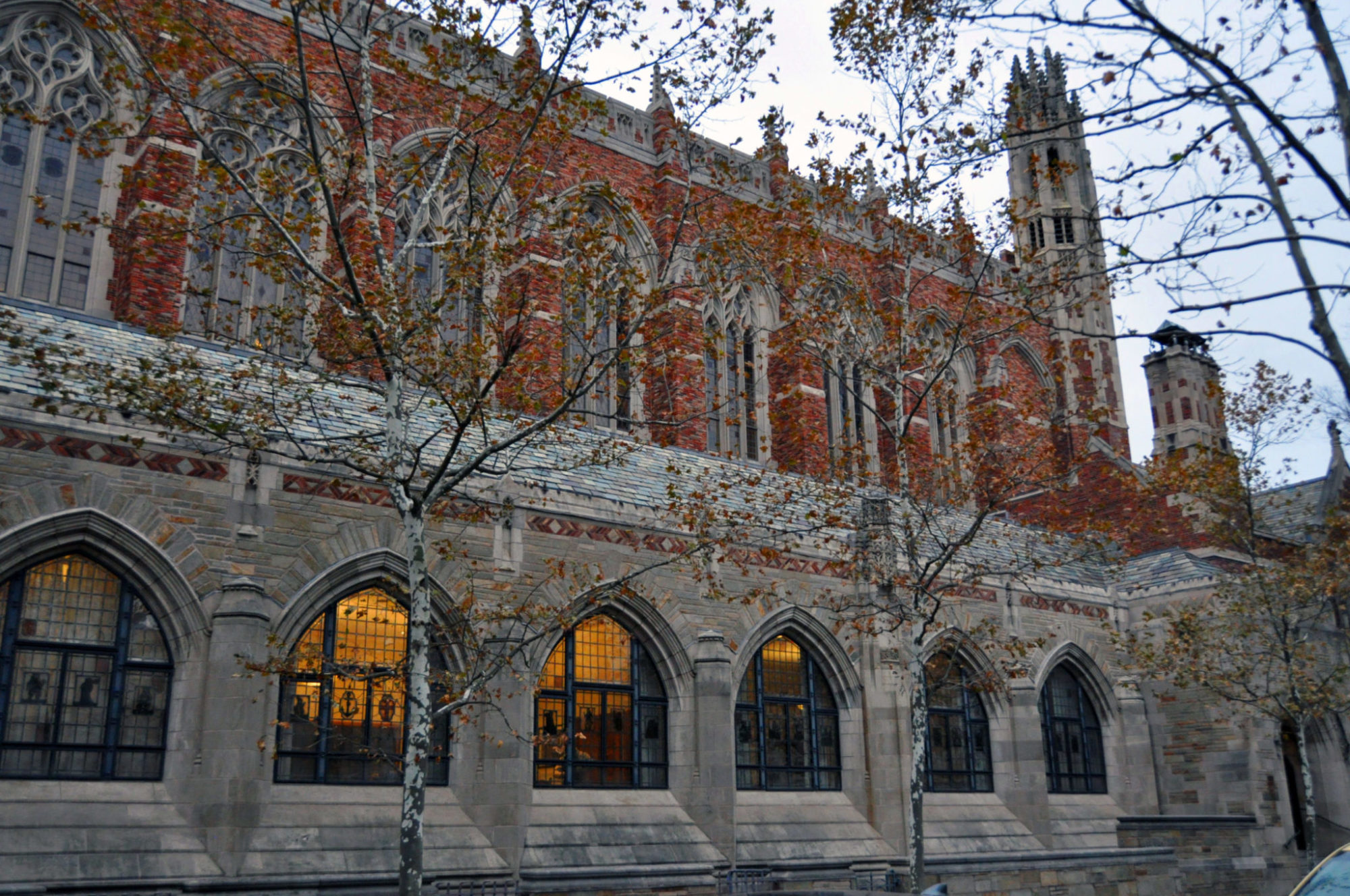
Madelyn Kumar, Senior Photographer
After President-elect Joe Biden’s victory in the presidential election, the path forward for the United States Department of Justice’s lawsuit against Yale for its admissions practices is unclear.
The DOJ sued Yale on Oct. 8, claiming that the University’s admissions practices discriminate against white and Asian American applicants. The lawsuit came after the DOJ issued an Aug. 13 report finding that Yale violated Title VI of the 1964 Civil Rights Act, which prohibits organizations that receive federal funding from discriminating on the basis of race, color or national origin.
Yale affiliates told the News that the new Democratic administration could drop the lawsuit. But on Oct. 27, Students for Fair Admissions — the group, abbreviated to SFFA, that sued Harvard University in 2014 for alleged discrimination against Asian American applicants — filed a motion to intervene in the case. Should the motion be granted, SFFA could continue the suit even if the Biden DOJ were to drop it.
“If granted intervention, SFFA is prepared to continue this litigation until resolution,” SFFA President Edward Blum said. “SFFA brings a unique perspective and standing to the challenge to Yale’s admissions practices that is not fully articulated in the DOJ complaint.”
Before the election, law professor at the University of Michigan Samuel Bagenstos told the New York Times that the DOJ’s August report was motivated by “the almost certain fear by Trump administration officials that there’s at least a substantial likelihood that come January, they won’t be here. So they want to put facts on the ground, to try them in a potential Biden administration.” According to the New York Times, Bagenstos said that the DOJ’s findings –– which were only four pages long –– seemed short and rushed, as if the Trump administration was acting quickly to “get in ahead of the election.”
The Yale Office of the General Counsel declined to comment on the ongoing lawsuit. In multiple emails to the Yale community, University President Peter Salovey has called the DOJ’s allegations “baseless” and said that the University will not shift its admissions policies.
“I want to be clear: Yale does not discriminate against applicants of any race or ethnicity,” Salovey wrote in a community-wide email following the Oct. 8 announcement of the lawsuit. “Our admissions practices are completely fair and lawful. Yale’s admissions policies will not change as a result of the filing of this baseless lawsuit. We look forward to defending these policies in court.”
The lawsuit came as part of the Trump administration’s focus on university race-based discrimination cases. In September, the United States Department of Education launched an investigation into Princeton University, after Princeton President Christopher Eisgruber wrote an email to the Princeton community saying that “racism and the damage it does to people of color … persist at Princeton” and “racist assumptions … remain embedded in structures of the University itself.” The DOE is investigating Princeton for allegedly violating Title VI.
In an interview with the News following the announcement of the Princeton investigation, Adam Mortara, the lead trial counsel for SFFA in their case against Harvard, said the focus on discrimination in universities could end with Trump’s departure from the White House.
“I do think that it’s overwhelmingly likely that should this be the end of President Trump’s term, that [the Princeton] investigation will be closed,” Mortara said.
Duncan Hosie LAW ’21, the co-president of Yale Law School Democrats for the 2019-2020 term, said that the DOJ’s suit against Yale generated much discussion within the YLS Democrats group and among YLS students in general. Hosie called the suit “entirely specious and illegitimate.”
Hosie told the News that he expects the Biden administration to drop the lawsuit.
“Racial diversity is essential to any university and the Trump administration’s lawsuit is a transparent effort to block Yale, Princeton and other schools from having open and fair admission policies,” Hosie said. “There should be pressure on the Biden administration to drop these political specious lawsuits that entrench white supremacy.”
Even so, in response to a question about how the lawsuit could be affected by Biden’s victory, Blum said that the facts and data analysis submitted to the federal court about Yale’s undergraduate admissions policies will not change, regardless of who holds the presidential office.
Affirmative action has been upheld in court multiple times since the Supreme Court originally ruled it constitutional in Regents of the University of California v. Bakke in 1978.
Julia Brown | julia.k.brown@yale.edu
Amelia Davidson | amelia.davidson@yale.edu







